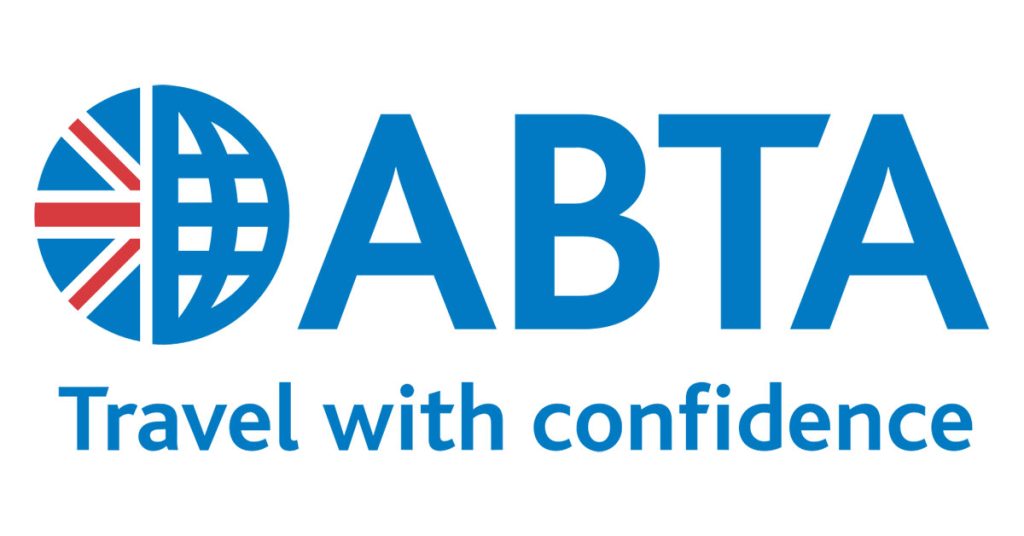In a strategic move to enhance governance, Abta has consolidated its committee structure by forming a Members’ Committee. This integration aims to streamline processes and provide effective oversight within the travel sector.
The new Members’ Committee will oversee areas previously managed by separate committees, reflecting member feedback and industry needs. Led by experienced individuals, it represents a diverse cross-section of the travel industry.
Formation of the Members’ Committee
Abta has announced a significant restructuring with the creation of a new Members’ Committee. This committee amalgamates the functions of the previously separate Membership, Code of Conduct and Agent Fund Committees. Chaired by Rich Simpson, governance & compliance manager for travel at The Midcounties Co-operative, the Members’ Committee will commence its operations from July, meeting monthly. It aims to streamline decision-making processes and ensure effective governance. This initiative reflects feedback from existing committee members.
Key Players in the New Structure
Rich Simpson will lead the committee with vice-chairman Nick Hughes from Scenic. Other notable members include Lisa Henning of Inspire Europe, Roshni Shah of Flight Centre, and Paul Cowley, a consultant. The committee will also feature Bridget Keevil from Travelstop Worldchoice, Heather Ward from RCL Cruises, and Karen Hart from The Lotus Group. Together, they’ll bring diverse expertise and perspectives.
Additional committee members comprise Tom Spriggs from Tui UK, David Powell from Art of Travel, and Roderick Thompson from Hartlepool Travel Agency. This diverse makeup ensures comprehensive representation across the travel sector. Occasionally, representatives from the Trading Standards Authority and Civil Aviation Authority will provide further insights into compliance and regulatory matters.
Objectives and Responsibilities
The Members’ Committee is tasked with ensuring that a fair and consistent approach is maintained in addressing issues arising from Abta’s Articles of Association and Membership Rules. This includes adherence to the Code of Conduct and Financial Criteria, Risk and Claims.
Simpson articulated the committee’s role as a representative, peer group decision-making body. It works collaboratively with the Abta secretariat to balance consumer protection and the Abta brand’s interests. The overarching goal is to benefit all members through managed financial protection schemes.
The newly consolidated committee aims to eliminate duplication and expedite the decision-making process. Simpson emphasises the influence and significance of the roles within this committee for Abta members. By combining efforts, they seek to advance the interests of both consumers and businesses.
Enhancements to Election Rights
In parallel with these structural changes, Abta has also updated its election process. The revised Articles of Association now permit those operating managed branch offices to stand for Abta positions. This change marks a shift from previous regulations where only Abta members could be elected.
The Abta board and Council of Regions recommended this amendment as a progressive step. It enhances representation, reflecting the interests of the entire Abta business community. Broader election rights are expected to bring more inclusive governance.
Strategic Implications for Abta
This restructuring is aligned with Abta’s long-term strategy to remain agile and responsive to industry dynamics. By consolidating the committees, Abta projects increased operational efficiency and a more cohesive approach to governance.
The incorporation of varied stakeholders and broad election rights further reinforce Abta’s commitment to inclusive and transparent governance structures. This shift is anticipated to address the diverse needs of its members effectively.
Furthermore, the unified committee framework is set to streamline processes, reduce bureaucratic overhead, and enhance Abta’s ability to pivot quickly in response to emerging challenges or opportunities.
Feedback from Abta Members
The restructuring emerged from extensive consultations with Abta members, who highlighted the need for a more efficient and unified governance model. The changes were well-received, with members appreciating the potential for faster decision-making.
Simpson noted that the feedback process was integral to shaping the current structure, ensuring that it aligns with member expectations and industry best practices.
Future Prospects
With the newly formed Members’ Committee, Abta is positioned to effectively manage upcoming challenges and leverage opportunities within the travel industry. The committee structure is designed to provide robust support and representation for its members.
Abta’s formation of the Members’ Committee signifies a pivotal shift towards streamlined and inclusive governance. By centralising committee functions, Abta aims to improve decision-making efficiency, benefitting its broad membership base.
With the revised election rights, Abta ensures a more representative governance model, ready to tackle the challenges ahead. This evolution marks a proactive step in aligning with industry dynamics and member expectations.

